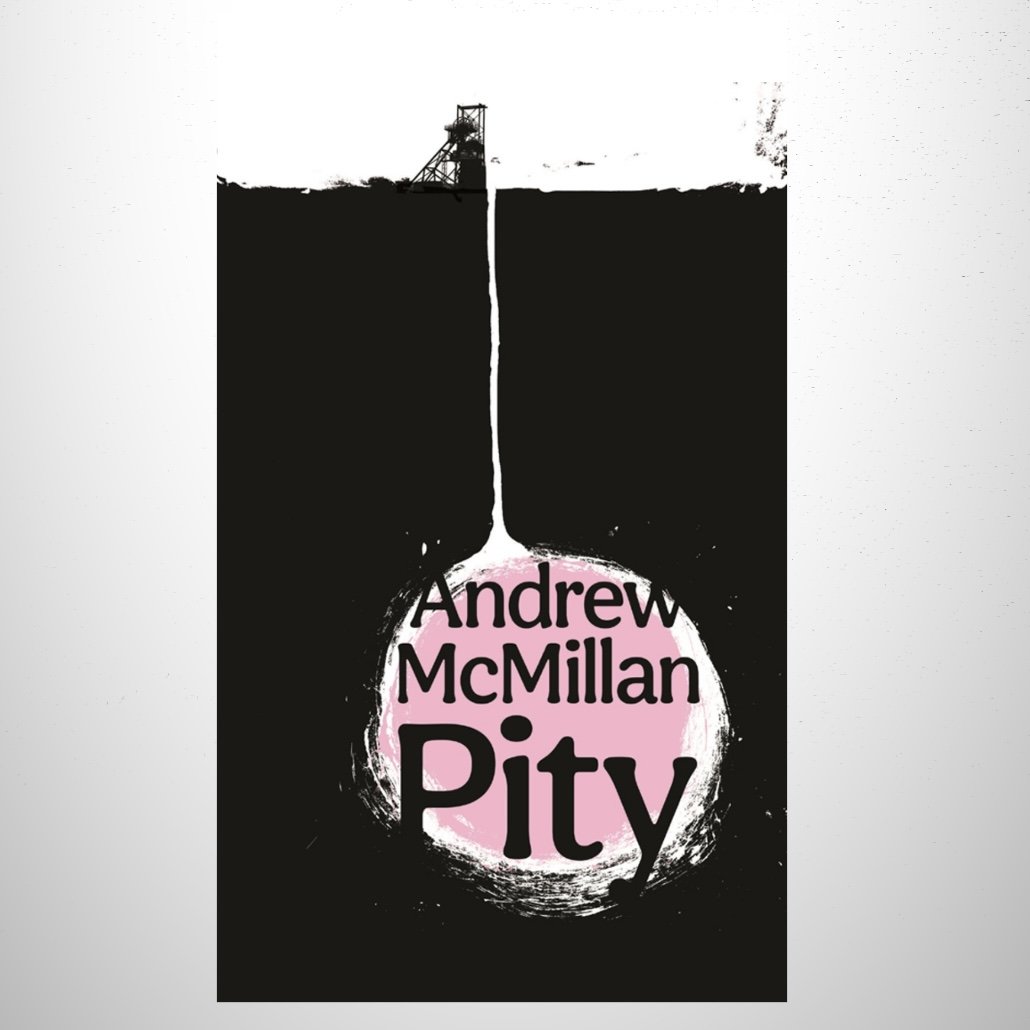
Flashlight (2025)
Flashlight begins with the disappearance of Serk, a Korean émigré and academic, during a walk on along the coast in a small Japanese town with his young daughter, Louisa. While Serk is presumed drowned, Louisa washes ashore hours later, traumatized and unable to recall what has happened. The books subsequently spans decades and continents, as Louisa and her American mother, Anne, struggle to cope with their grief and the mystery of his vanishing. This sits against the complex geopolitical backdrop of the late 20th century, particularly focusing on the lives of Korean immigrants in Japan and the unsettling history of North Korea.
We Do Not Part (2021, trans. 2025)
We Do Not Part is told from the perspective of a woman named Kyungha, an investigative journalist and writer based in Seoul. She lives alone and suffers from recurring nightmares that seem to symbolically intertwine natural elements and mass human suffering. She receives a message from her long-time friend and collaborator, a photographer, artist and filmmaker called Inseon. Inseon has been hospitalised following a woodworking accident, in which the tips of her fingers were sliced off (notably while working on a project suggested by Kyungha and inspired by her dreams, which she had asked her to stop).
Question 7 (2024)
Question 7 is a very difficult book to sum up. In simple terms, it’s a memoir, allowing Flanagan to dig deeper into themes he has explored in some of his novels, such as his relationship with his father (whose experiences on the Burmese Death Railway in WW2 were fictionalised as part of The Narrow Road…) and a near-death experience while kayaking as a young man (which informed his debut). But it’s also much broader than that.
Held (2023)
Held is a very difficult book to summarize in a short paragraph. In some sort of roundabout fashion, it’s a ‘grand historical sweep’ and a family saga, two things I usually very much enjoy. It begins in the trenches of the First World War, before we follow fairly logically into its aftermath, with the return of a soldier to something approaching ‘normal’ life in an early photography studio. In that same section, it takes a leap towards the supernatural, as the faces of his subjects’ loved ones begin appearing in his images. From here, things begin (deliberately) to fall apart, as the ‘novel’ (in as much as it is one) becomes progressively more fragmentary as it travels though the twentieth century and beyond, encountering along the way several generations of descendants of the original characters and the occasional famous figure like Ernest Rutherford or Marie Curie.
Pity (2024)
Pity is a short novel that trains its eyes on the former mining town of Barnsley, near to Sheffield in northern England. It focuses on three generations of the same family, covering the late twentieth century up to the present day (or thereabouts), and almost exclusively focusing on the men of the family.
Piranesi (2021)
Piranesi is a fantasy novel set largely in an imaginary ‘House’, composed of seemingly infinite halls filled with unique statues. Its basement level contains an ocean, teeming with sealife, and its upper level clouds, giving it its own weather system as well as an array of birds. Other than this, its only inhabitants seem to be the titular character ‘Piranesi’ (though he knows this not to be his real name) and a mysterious ‘Other’ who Piranesi meets a few times a week. Piranesi believes himself to have always lived in the House, has no awareness of a world outside of its existence, and believes the only humans ever to have existed to have been himself, The Other, and fifteen sets of skeletal remains he has cataloged in his extensive travels through the halls.
The Sense of an Ending (2011)
The Sense of an Ending is a short novel narrated by a retired, divorced man named Tony Webster. Its first part sees him recalling a series of incidents from his schooldays, largely concerning his group of intellectual / pretentious friends, of which the most significant is the newcomer Adrian. Eventually the two head off to separate universities where Tony has a short, unsatisfying relationship with a girl called Veronica, which involves an awkward visit to her family, and a meeting with his schoolfriends in London. Towards the end of his degree, he finds out that Adrian is dating Veronica. Not long afterwards, he finds out that Adrian has committed suicide, with a letter to the coroner citing philosophical reasons, which Tony admires.
The Sea (2005)
The Sea is narrated by Max Morden, a retired art historian reflecting on key moments of love and loss in his life. With little delineation, Max shifts his narration between three timeframes. The oldest covers a period in his childhood, during a summer holiday in a seaside town called Ballyless, where he becomes infatuated with a middle-class family, the Graces. His obsession focuses first on the mother, Connie, and then (in a different way) the daughter Chloe, who is also inextricably linked to her mute twin, Myles. We're also introduced to Carlos, the husband, and Rose, the twins' nursemaid. This part is in many ways the centrepiece and the events within it echo and reverberate across the other sections.








